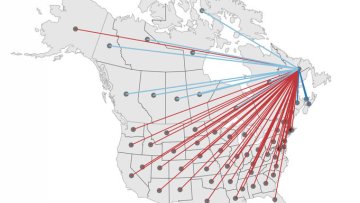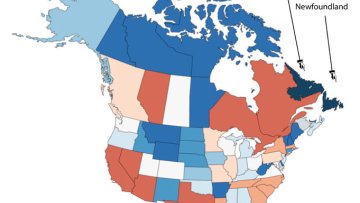On wide Aronszajn trees
Abstract
Aronszajn trees are a staple of set theory, but there are applications where the requirement of all levels being countable is of no importance. This is the case in set-theoretic model theory, where trees of height and size ω1 but with no uncountable branches play an important role by being clocks of Ehrenfeucht–Fraïssé games that measure similarity of model of size ℵ1. We call such trees wide Aronszajn. In this context one can also compare trees T and T’ by saying that T weakly embeds into T’ if there is a function f that map T into T’ while preserving the strict order <_T. This order translates into the comparison of winning strategies for the isomorphism player, where any winning strategy for T’ translates into a winning strategy for T’. Hence it is natural to ask if there is a largest such tree, or as we would say, a universal tree for the class of wood Aronszajn trees with weak embeddings. It was known that there is no such a tree under CH, but in 1994 Mekler and Väänanen conjectured that there would be under MA(ω1).
In our upcoming JSL paper with Saharon Shelah we prove that this is not the case: under MA(ω1) there is no universal wide Aronszajn tree.
The talk will discuss that paper. The paper is available on the arxiv and on line at JSL in the preproof version doi: 10.1017/jsl.2020.42.



